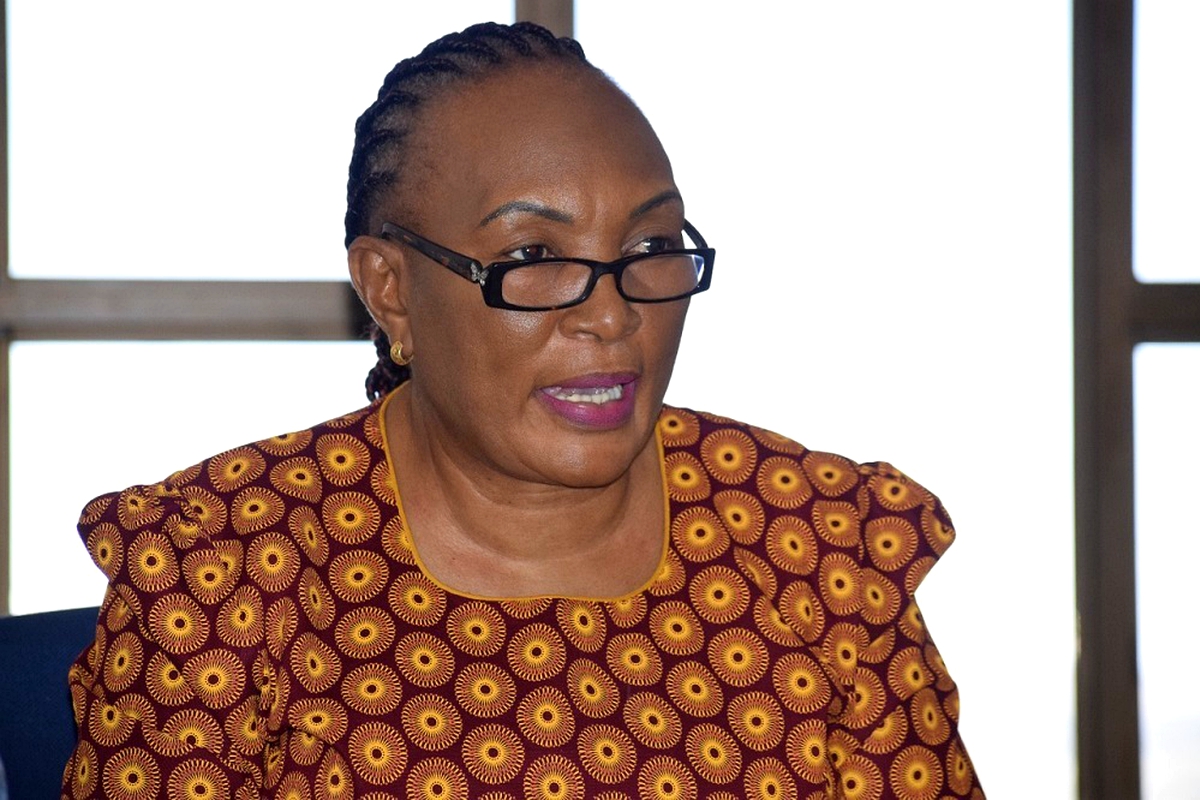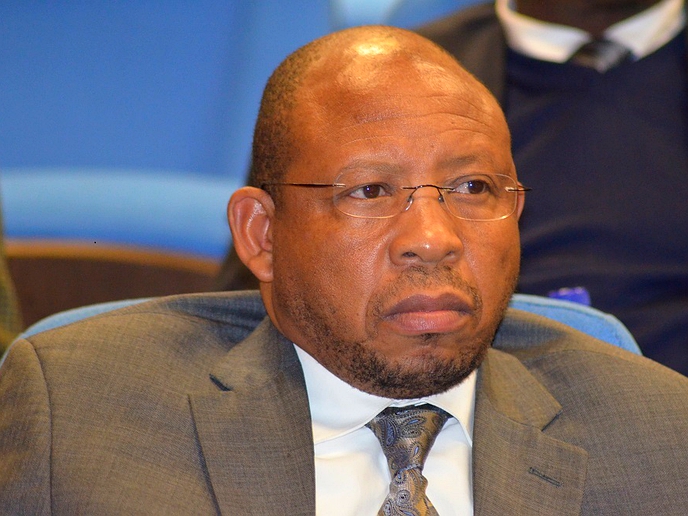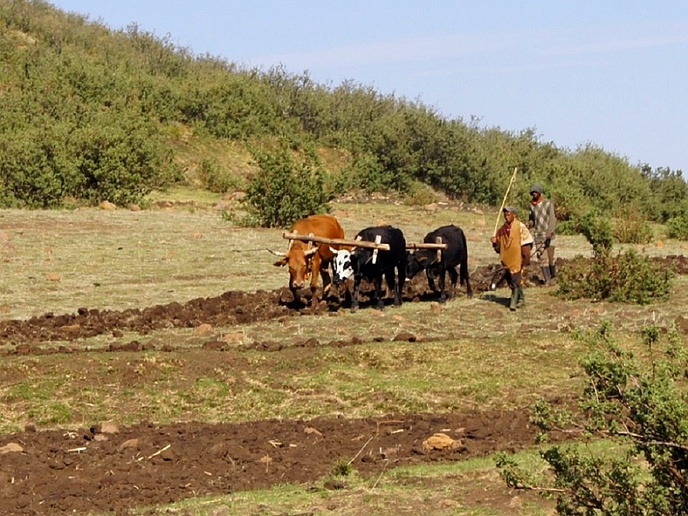WHILE the Government of Lesotho has been struggling to manage its debts, the COVID-19 pandemic presents even more challenges in line with debt management mechanisms.
comments
Nov. 4, 2021
EDITOR
2 min read
Government in crises over debt

Acting Auditor General, Monica Besetsa
Story highlights
Operational challenges, liquidity and funding risks have escalated to unprecedented levels in these trying times.
Debt management preparedness to respond to these challenges is critical in supporting the efficacy of the government’s emergency response.
The pandemic poses significant challenges for public debt management resulting in sudden and significant increases in borrowing needs as well as some temporary mismatches in fiscal cash flows.
This has been evidenced by the recently release report of the Auditor General which painted a bleak picture on the country’s public debt position.
The report reveals that Lesotho debt portfolio magnitude has increased significantly, ending at M19 320billion as at March 2020.
The increase represents 22 percent higher than the previous figure of M15 870billion. The significant increase is on long-term debt.
With this scenario in mind and the fact that the Government is struggling to remain sustainable and below the International Monetary Fund (IMF)’s 55 percent of GDP and the 60 percent SADC policy guideline, the Government should find other financing alternatives to remain sustainable and able to borrow.
With the debt burden flying above these thresholds, it means that the country will be at risk of experiencing debt distress, thus making it difficult to borrow from development partners.
For a country’s debt to remain sustainable, SADC advices member states to maintain a public debt to GDP ratio of no greater than 60 percent.
Enjoy our daily newsletter from today
Access exclusive newsletters, along with previews of new media releases.
One advice we would give to the Government would be that it should find ways to reduce its spending and put more focus on supporting private sector growth among others in order to remain sustainable during this difficult period.
Even a delegation from the IMF did recommend in its visit last year that the Government spending should be refocused in order for the country to remain sustainable.
The team revealed in its assessment that Government finances have eroded after several years of relatively low inflows from the Southern African Customs Union (SACU), with the Government incurring new domestic arrears.
Again, the Government could find ways to reduce its wage bill which has been escalating over the years and currently putting Lesotho amongst the highest spenders in the world.
Tailored for you






